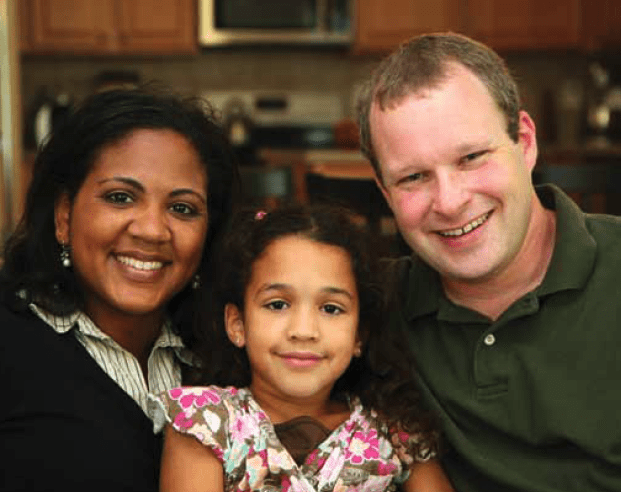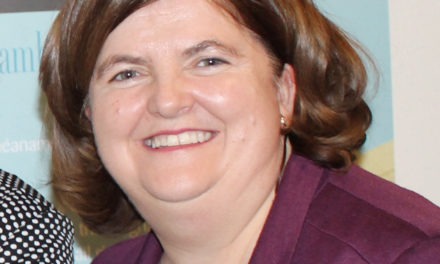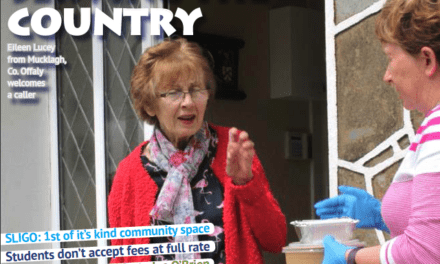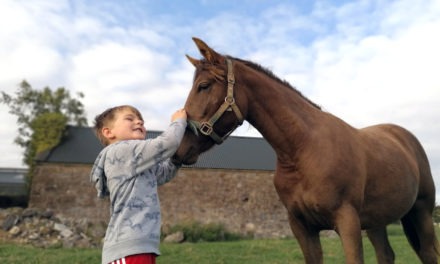Tusla, the child and family agency, is calling on families from new communities to strongly consider fostering.
Tusla, the child and family agency, wants to be able to match more children with families from a similar cultural, national and/or religious background and it is calling on families from new communities to strongly consider fostering.
“The potential for people from new communities to offer a child a foster home that is reflective of their family culture and heritage is immense,” says Jacquie Smyth, principal social worker. “The transition to foster care is a difficult enough one for any child. It is scary and challenging. The challenge is greater when the child also has to adapt to a different cultural or ethnic home life. On the contrary, there is comfort in living with a person who understands your needs from a cultural perspective – where the food is familiar to the child and there is an understanding of their religious and cultural norms.”
Asked why people from new communities should come forward, she said the benefits from fostering can be huge.
“Children in foster care have experienced so much change and trauma that being able to give them a safe and stable home is an immensely fulfilling and rewarding endeavour. Every family is unique and will have something different to offer a child in foster care. Being a positive part of a child’s journey and helping them to achieve their full potential will bring huge rewards to you and your family,” she said.
Also, more people qualify to foster children – and teenagers – than most people realise.
A small number of families from new communities already foster children and, in their quest for higher participation levels, Tusla is appealing to community groups to help spread the word that migrant and new communities families should apply to foster children.
“We would welcome the opportunity to engage with community groups around this endeavour,” said Jacqui. “We are open to meeting and talking to any and all organisations. Some consultations have already taken place on a local level and more would be extremely welcome. This is a learning journey and Tusla is eager to undertake this in partnership with the communities to whom we are reaching out.”
For interested applicants, the main criteria are having residency or citizenship, a steady means of income and the time to invest in fostering a child. Fostering is open to both individuals and couples and, while a stable home environment is required, fosterers don’t need to own their own house.
In regards to status, applications are invited from people who are non-Irish nationals once they can provide proof of residency.
“Families can apply anytime and if they meet the basic criteria that applies to all applicants, more children will find a home that matches their needs,” said Jacqui.
“As an organisation we are acutely aware of the importance of the ethnic and cultural identity of foster children who have experienced so much change and upheaval.
“We in TUSLA want to be in a position to be able to offer children foster homes that are reflective of their own ethnicity and culture. It is a hugely important component of the matching process,” she said.
As of March of this year, Tusla had 5,884 children being raised by foster families and most hosts are traditional Irish families.
More info: https://www.tusla.ie/services/alternative-care/foster-care/
How to apply to foster if you’re new to Ireland
Tusla welcomes applications for non-relative fostering from those who:
- have residency permits,
- or have refugee status or leave to remain,
- or can provide proof of EU citizenship,
- or can establish that they have permanent residency in this country.
The logic behind this is that children in foster care need to be assured of the stability of their care in a very particular way.
Families and individuals thinking about becoming foster carers need to be able to devote their time, energy and attention to the process and being sure of their residency is an important part of that.
What are the main criteria that apply for fosterers?
Individuals or families must be in a stable place themselves to focus on their foster care journey.
Some basic criteria are as follows:
- Minimum age of applicant – 25.
- You must be of good physical and mental health.
- You need to have a stable place to live (rented or owned) with space for a child.
- You need to have residency in Ireland.
- You must be financially stable in your own right (able to pay your bills).
- You will have to undertake a Garda clearance as certain convictions (e.g. violence/child-related) are unacceptable to fostering.
Tusla Fostering’s role is to recruit, train and assess potential fosterers.
Full information on the process can be found at: www.fostering.ie

• Happy heads. Photo from UK fostering services.





